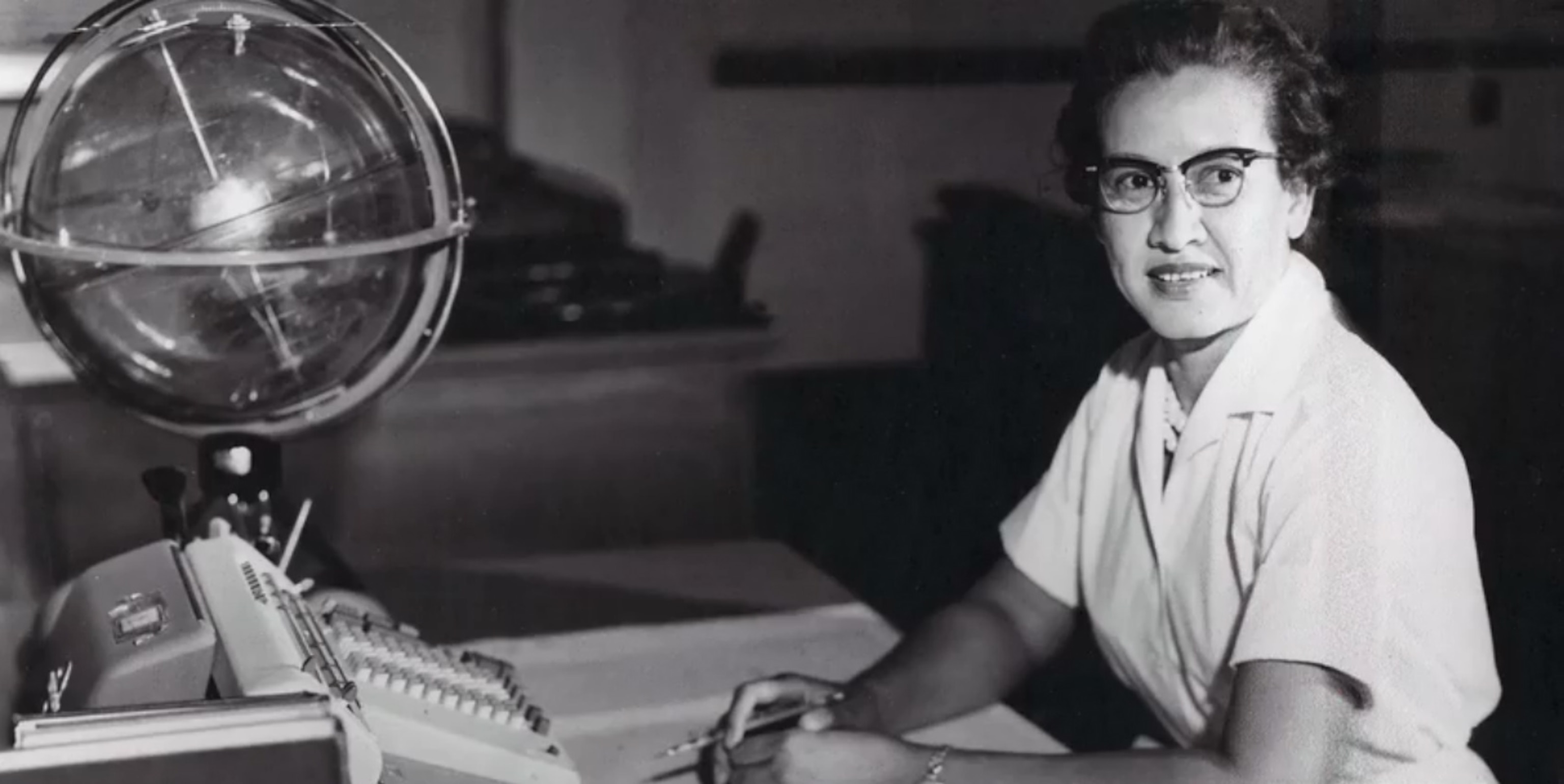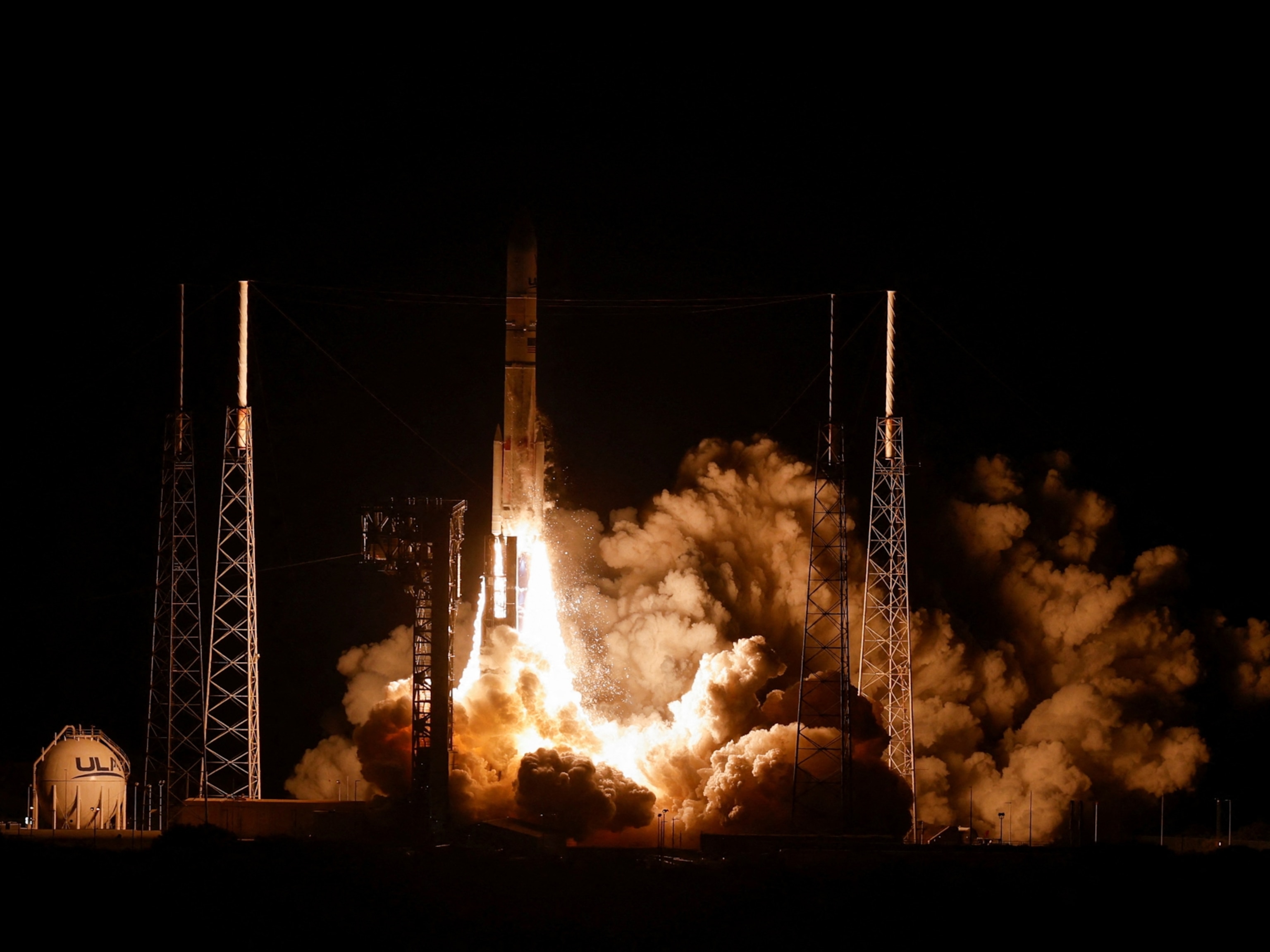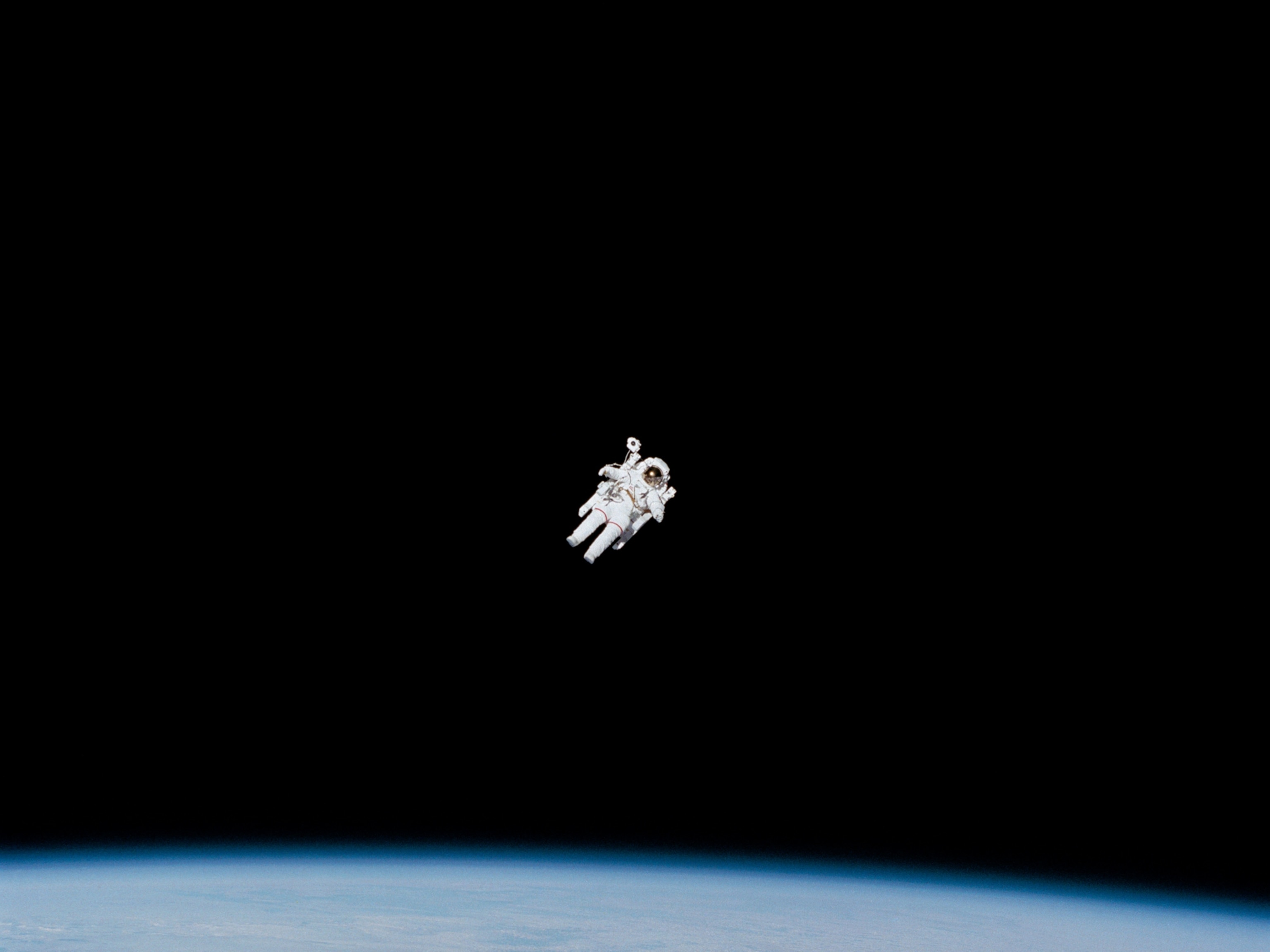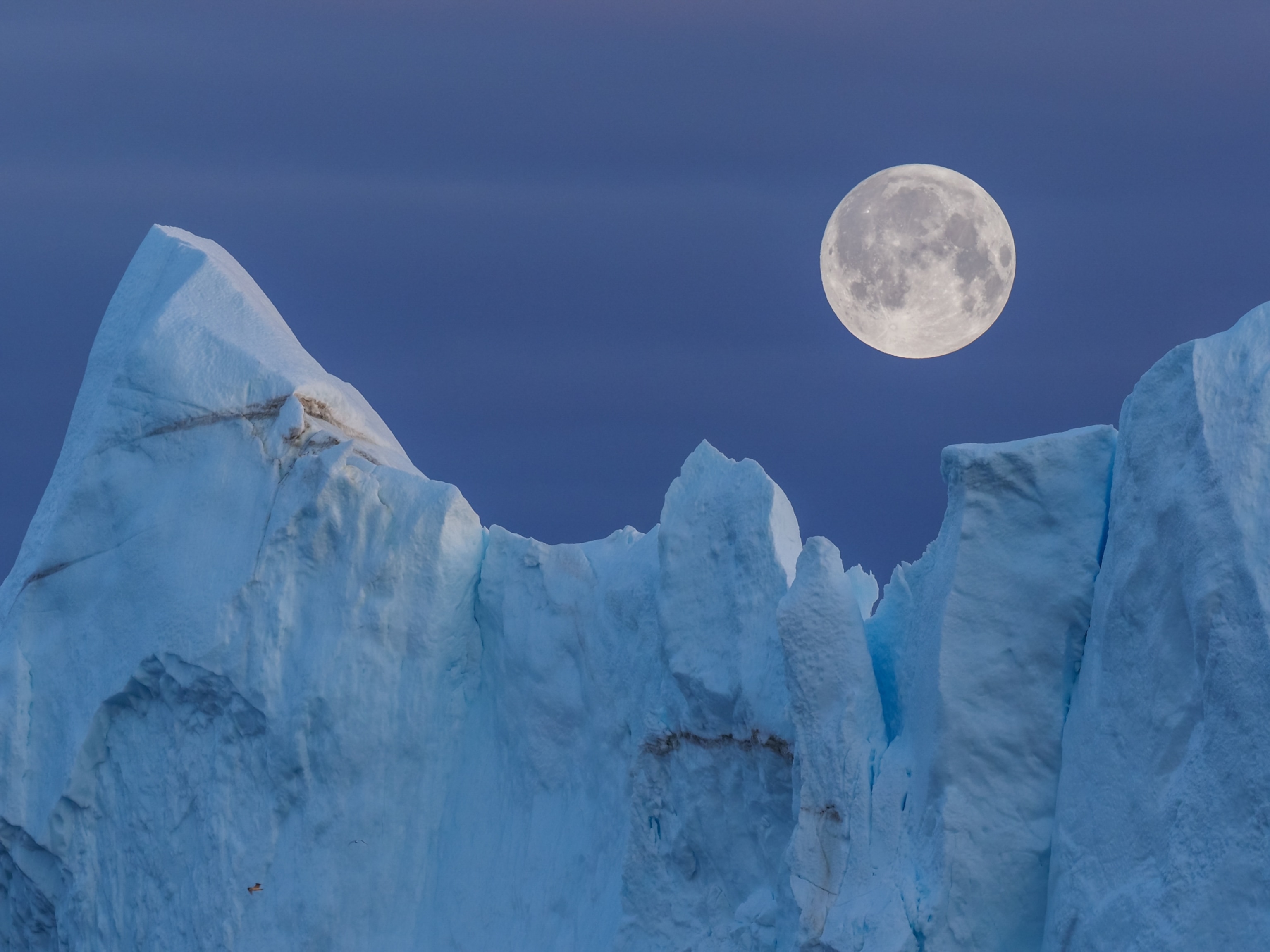Science, as a discipline, is somewhat obsessed with the notion of due credit. Woe betide the news writer who does not note which person is the lead author on a study. That’s one reason I’ve been personally fascinated with recent efforts to bring so-called hidden figures in science into the spotlight.
Stories highlighting marginalized people’s contributions to science have been trickling out for decades, but the term “hidden figures” leapt into our shared consciousness thanks to the incredible 2016 book, and subsequent movie, about the Black women who made vital calculations to send early NASA astronauts into space. Both works catapulted NASA mathematician Katherine Johnson into international stardom in her mid-90s—even though she made her contributions to the Mercury, Gemini, and Apollo space programs decades earlier. Johnson, who died this week at the age of 101, was a true pioneer, and her story will resonate for decades to come.
The exponential increase in stories about other hidden figures can be inspiring stuff, although sometimes the patterns that emerge are heartbreaking. The more I read, the more I see two common narrative arcs: People who did the work loud and proud and were persecuted for it (looking at you, Hypatia), and people who did the work quietly and went consistently unrecognized for far too long (over to you, Eunice Foote and Rosalind Franklin).
Still, I have hope for scientists working today, thanks to the efforts of people like Jessica Wade. A woman working in physics, Wade has been adding biographies of notable women and people of color to Wikipedia’s bounty of scientist biographies. And writers such as Angela Saini are really hitting science where it hurts, uncovering the dark history of inaccuracies, biases, and downright bad research practices that led to so many good scientists being stifled. Maybe, as more people like them champion inclusion in science, the need to celebrate hidden figures will become a thing of the past.
TODAY IN A MINUTE
Will warm weather slow the coronavirus outbreak? That’s how it works with the flu, but experts caution that COVID-19 is so new, they’re just not sure, Nat Geo’s Sarah Gibbens reports. U.S. officials are warning that clusters of the new coronavirus will likely break out in the United States, and Olympics officials say they may cancel the Tokyo Olympics unless the outbreak lets up in coming months.
Why is Mars humming? “The source of this ancient music remains unknown,” Nat Geo’s Maya Wei-Haas reports. But it is among a treasure trove of information from NASA’s InSight lander, which touched down on the red planet in November 2018. The latest batch of data shows the first active fault line discovered on Mars and patterns and pulses in modern Martian magnetic fields, Wei-Haas writes.
Old-school recycling: Companies such as Coca-Cola used to collect 98 percent of their bottles back from customers—and re-use those bottles 40 to 50 times. New companies are working to learn from those lessons to lessen the onslaught of plastic upon the land and water, Laura Parker reports for Nat Geo.
Accepting science—and getting our calendars in order: This Saturday, February 29, you may want to thank Julius Caesar for squaring Roman time with Egyptian calendars, and introducing leap years. It was a messy job, writes Brian Handwerk for Nat Geo. For one thing, Caesar decreed a 445-day-long year in 46 B.C. to rectify the calendars in one fell swoop. The period became known as, you guessed it, the Year of Confusion.
—curated and edited by David Beard






